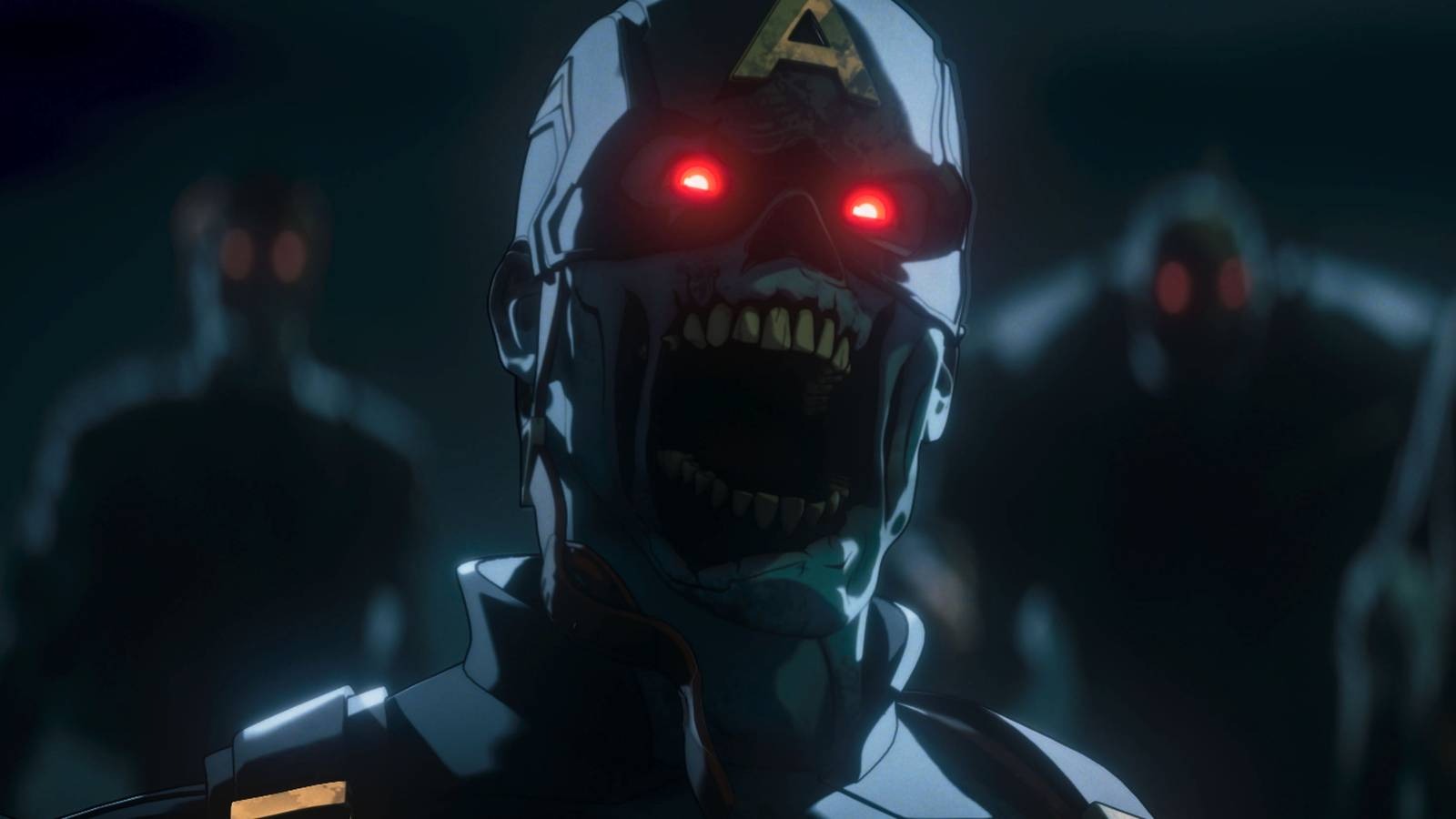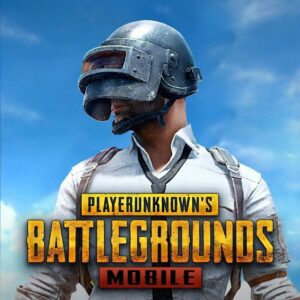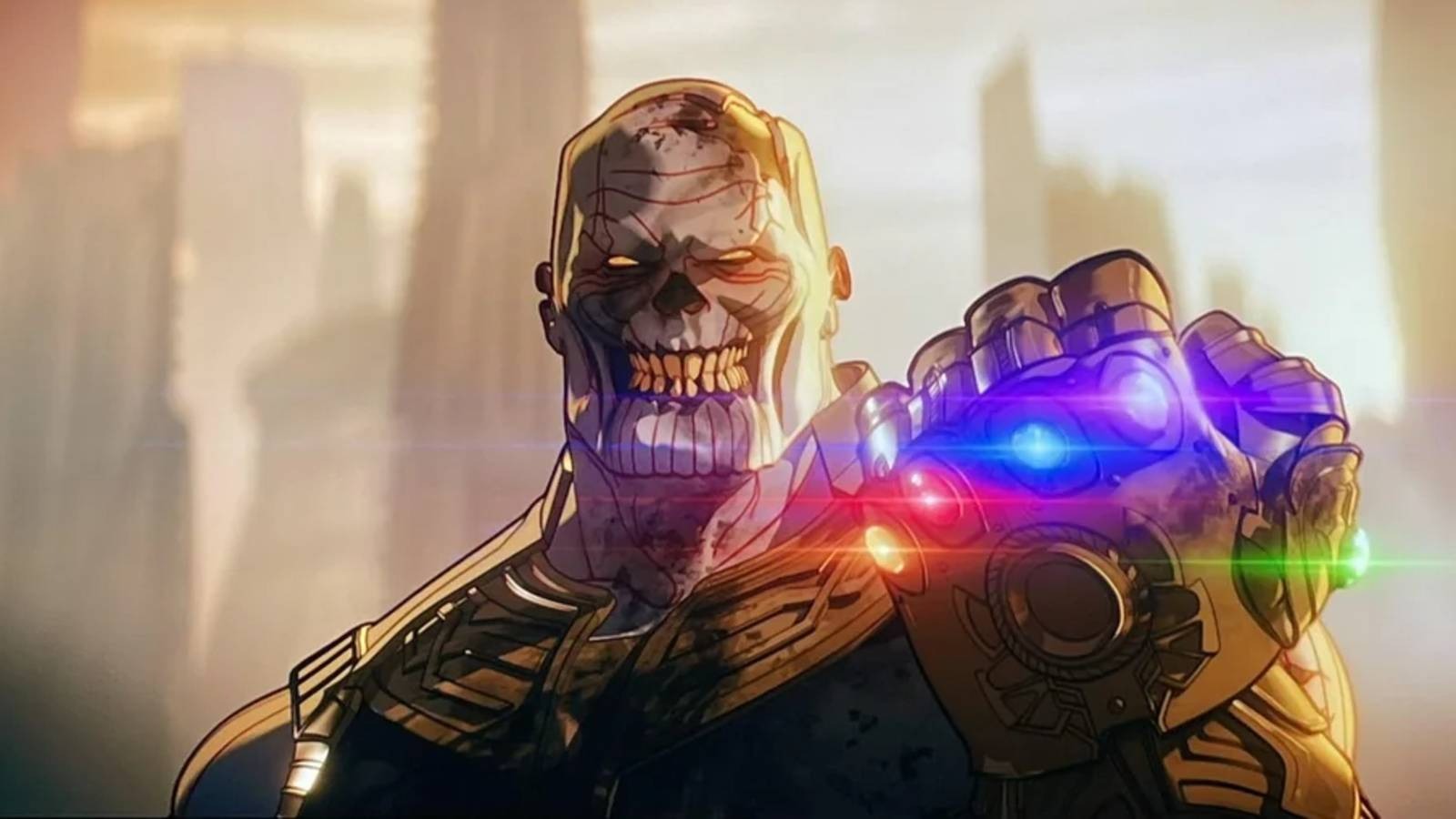The Undead Apocalypse Wastes the Young Core
Popular Now
 Among Us
Among Us
 BeamNG.drive
BeamNG.drive
 EA SPORT FC 25
EA SPORT FC 25
 The Legend of Zelda
The Legend of Zelda
 Auto X Drift Racing 3
Auto X Drift Racing 3
 League of Legends
League of Legends
 R.E.P.O
R.E.P.O
 Free Fire
Free Fire
 Genshin Impact
Genshin Impact
 Counter-Strike 2
Counter-Strike 2  The new four-part animated series, Marvel Zombies, premiering on Disney+ with a mature TV-MA rating, promised to be a bloody, no-holds-barred journey through a post-apocalyptic Marvel Cinematic Universe. While the show delivers on the gore and inventive zombie carnage—a clear divergence from previous Marvel Animation—it critically fails to capitalize on what many fans considered its greatest asset: the assembly and development of the MCU’s burgeoning Young Avengers roster. This missed opportunity represents a significant strategic misstep in the MCU’s wider franchise planning and intellectual property management.
The new four-part animated series, Marvel Zombies, premiering on Disney+ with a mature TV-MA rating, promised to be a bloody, no-holds-barred journey through a post-apocalyptic Marvel Cinematic Universe. While the show delivers on the gore and inventive zombie carnage—a clear divergence from previous Marvel Animation—it critically fails to capitalize on what many fans considered its greatest asset: the assembly and development of the MCU’s burgeoning Young Avengers roster. This missed opportunity represents a significant strategic misstep in the MCU’s wider franchise planning and intellectual property management.
The series initially centers on a surviving trio of new-generation heroes: Kamala Khan/Ms. Marvel (Iman Vellani), Kate Bishop/Hawkeye (Hailee Steinfeld), and Riri Williams/Ironheart (Dominique Thorne). For fans eagerly awaiting the live-action formation of a Young Avengers team, this animated reality offered a tantalizing preview. The early episodes showcase a compelling dynamic between the three, a blend of youthful idealism, quick wit, and growing powers that forms the emotional heart of the bleak narrative. This initial investment in the team’s chemistry is, unfortunately, short-lived.
 Sidelined for Spectacle and Legacy
Sidelined for Spectacle and Legacy
The core criticism lies in the show’s pacing and narrative choices. The Young Avengers trio is quickly splintered, with Kate Bishop and Riri Williams tragically and unceremoniously written out of the main plot. This move effectively sidelines two of the MCU’s most marketable and high-potential characters, reducing their involvement to little more than a powerful, albeit fleeting, prologue for Kamala Khan’s eventual journey. Their absence is acutely felt, robbing the series of its most refreshing dynamic and forcing the plot to rely on a more traditional, mixed-bag survival group.
The ensuing team-up, which includes a compelling but underdeveloped Blade Knight, Yelena Belova/Black Widow (Florence Pugh), and Alexei Shostakov/Red Guardian (David Harbour), shifts the focus back to characters with existing, known dynamics, sacrificing the chance to build new, meaningful relationships. While the older characters deliver satisfying moments of action and emotional depth, the narrative focus becomes increasingly scattered.
The Cost of the Short Run:
- Unnecessary Character Deaths: The haste to clear the stage for the main survivor’s journey results in the quick, shock-value deaths of promising heroes. This undercuts the emotional weight and squanders the opportunity to establish them as a true, cohesive unit.
- Underdeveloped New Concepts: Characters like Blade Knight (a fusion of Blade and Moon Knight) and even Ironheart are given minimal screen time to fully explore their unique adaptations to the zombie apocalypse, leading to a feeling of wasted creative potential and brand synergy.
- Focus on the Big Bad: The narrative is too heavily driven by the hunt for a MacGuffin to combat the Zombie Scarlet Witch (or Red Queen), relegating the survivor heroes’ personal journeys to a backdrop for relentless action sequences.
A Missed Opportunity for the MCU’s Future
From a strategic content perspective, the failure of Marvel Zombies to fully invest in the Young Avengers as a persistent, functional team is perplexing. The animated format provided a perfect, low-stakes environment—an alternate universe—to test the waters, showcase their combined power sets, and build audience excitement for their eventual live-action debut. Instead, the series treats them as disposable elements, prioritizing visceral zombie action over character development that would fuel fan engagement in the main MCU timeline.
Kamala Khan, brilliantly voiced by Iman Vellani, remains the emotional anchor, carrying the show with her unwavering idealism. Her personal struggle—as “the Frodo of the story”—is a high point, but even her arc feels rushed, culminating in a final decision that has been criticized as unsatisfying and contradictory to her character’s established hopefulness. The series’ rushed nature, often feeling like a two-hour movie stretched across four episodes, sacrifices compelling storytelling for a relentless pace. This prevents the mature themes of survival, loss, and moral compromise from truly landing.
Conclusion: A High-Gore, Low-Grit Experience
Marvel Zombies is an entertaining watch for those craving adult animated content and gruesome action featuring their favorite superheroes. However, as a narrative vehicle for the MCU’s most exciting upcoming team, it falls short. By failing to give Kate Bishop and Riri Williams a more substantial role and a stronger narrative send-off, the series wastes a prime opportunity to build anticipation and character loyalty. The overall takeaway is that while the show is successful in its hyper-violent aesthetic, it lacks the necessary narrative substance to justify the premature dismissal of the MCU’s burgeoning next-generation of superheroes. It’s a fun, bloody spectacle, but one that leaves a significant hole where the heart of a great new team once promised to be.











 Sidelined for Spectacle and Legacy
Sidelined for Spectacle and Legacy